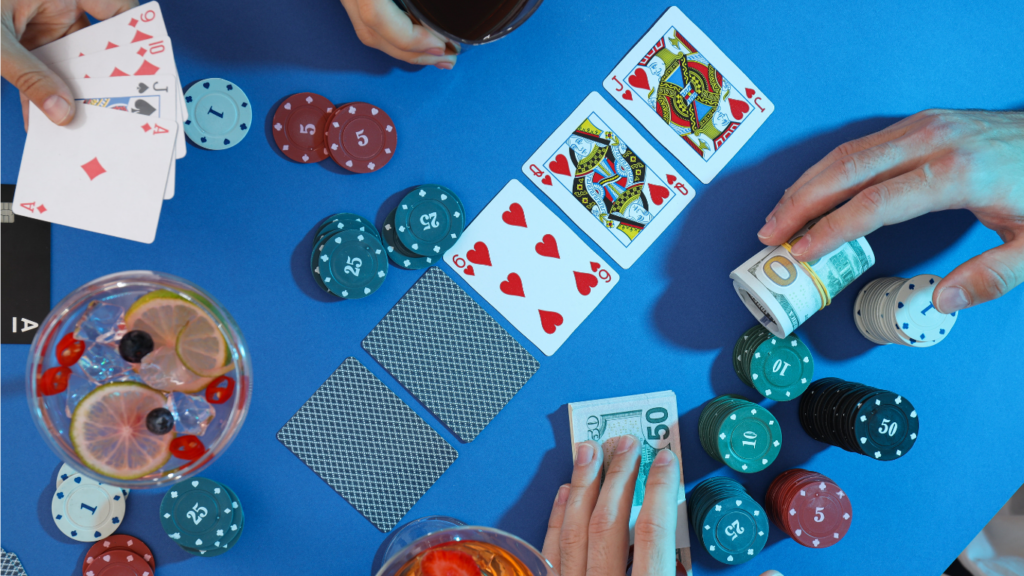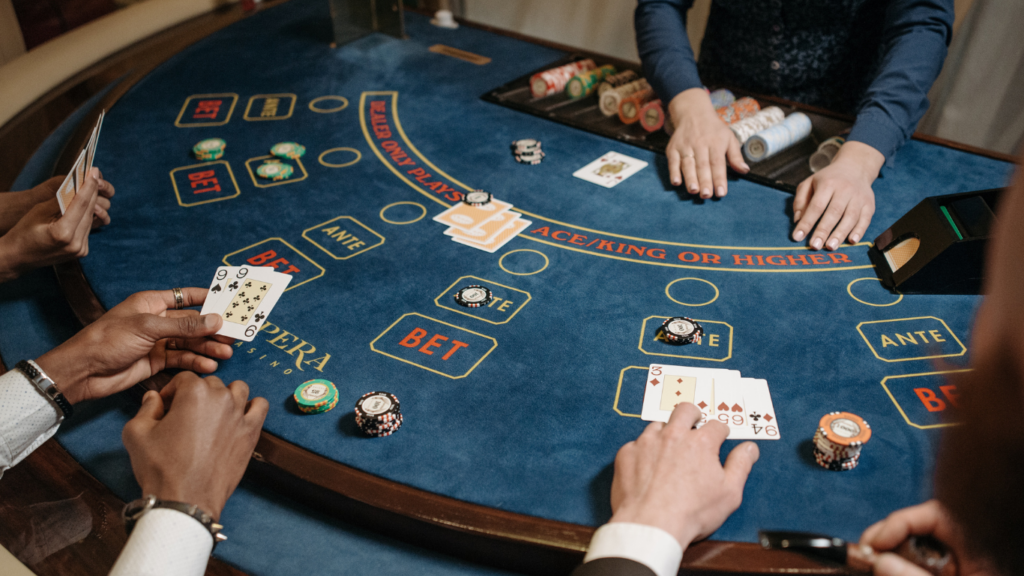Poker isn’t just a game of luck—it’s a battlefield of strategy, psychology, and precision. I’ve always been fascinated by how top players turn the odds in their favor, transforming a deck of cards into a tool for dominance. Behind every winning hand lies a story of discipline, calculated risks, and relentless practice.
The Allure Of Poker: An Overview Of Success Stories
Poker’s enduring appeal lies in its balance of:
- skill
- psychology
- strategy
Many success stories illustrate how players rise above challenges to achieve remarkable feats. These narratives often highlight individuals mastering not only technical gameplay but also emotional control and adaptability.
Phil Ivey, known as “The Tiger Woods of Poker,” demonstrates exceptional reading and bluffing abilities, earning 10 World Series of Poker (WSOP) bracelets. Similarly, Daniel Negreanu, with six WSOP bracelets, combines mathematical precision and social awareness to predict opponents’ moves effectively.
Female players like Vanessa Selbst, the only woman to reach over $11 million in live tournament earnings, challenge industry norms. Her strategic aggression shifted perceptions and showcased poker’s inclusivity potential.
Notable amateurs have also found success. Chris Moneymaker, a former accountant, popularized poker globally after turning a $39 satellite entry into a 2003 WSOP Main Event title, inspiring new players worldwide.
Each story underscores consistent practice and refined strategy as foundational elements. Beyond talent, disciplined decision-making is often the defining factor for these successful players.
Understanding Poker Player Profiles
I’ve observed that successful poker players excel due to a combination of behavioral tendencies and accumulated expertise. Their unique profiles reveal how personal attributes and strategic growth influence their achievements.
Personality Traits That Define Winners
Winning poker players display traits that align with success. Discipline drives their ability to manage risk and avoid impulsive decisions. Emotional control helps them remain calm during losses or bluffs. Adaptability enables quick responses to dynamic game scenarios. They also exhibit strong patience, enduring prolonged games without compromising focus. Confidence, supported by experience, ensures decision-making remains assertive under pressure.
For example, Phil Ivey demonstrates exceptional composure and adaptability, effectively reading opponents’ moves. Similarly, Vanessa Selbst’s assertiveness and strategic precision reflect how intrinsic traits elevate gameplay. These characteristics form the foundation of a top-tier poker player profile.
The Role of Experience and Continuous Learning

- Experience sharpens decision-making and teaches players how to navigate various situations.
- Professionals frequently spend years mastering different game formats, from cash games to high-stakes tournaments.
- Continuous learning keeps them ahead as strategies and tools evolve. Many review past games, use poker software, or study opponents to refine their techniques.
- Daniel Negreanu exemplifies how learning augments success, blending data analysis with social observation to refine his game.
- Chris Moneymaker’s rise as an amateur highlights how consistent practice and study close the skill gap against seasoned professionals.
- Experience and learning ensure players remain competitive and adaptable in a constantly shifting poker landscape.
Strategies Behind Successful Poker Players
Successful poker players rely on a combination of strategic thinking, psychological insight, and financial discipline. Each element contributes to their long-term success and ability to adapt in diverse game situations.
Aggression Versus Patience: Striking A Balance
Balancing aggression and patience is critical in poker. Top players use well-timed aggression to pressure opponents, forcing mistakes and gaining control of the game. For example, Phil Ivey capitalizes on his assertive betting style to dominate high-stakes games. Patience, on the other hand, ensures players avoid reckless decisions. Waiting for strong hands or advantageous positions minimizes the risk of losses. Knowing when to shift between these two approaches amplifies their effectiveness and adds unpredictability, which confounds their opponents.
Reading Opponents And Mastering Psychology
Reading opponents is a defining skill in poker. Observing behavioral cues like eye movement, betting patterns, or hesitation uncovers valuable insights into an opponent’s hand strength or strategy. Daniel Negreanu exemplifies this skill, blending analytical observation with conversation to extract information while maintaining a strategic edge. Mastering psychology is equally essential. Players like Vanessa Selbst thrive because they maintain emotional control and stay composed, even in high-tension moments. Strong psychological acumen not only enables bluffing but also counters opponents’ attempts to exploit weaknesses.
Financial Management At The Poker Table
Effective financial management safeguards long-term participation in poker. Players allocate portions of their bankroll to ensure risky plays don’t jeopardize their overall position. Adhering to strict budget limits allows them to endure inevitable losses, as poker inherently involves variance. For example, professional players structure stakes to match their bankroll size, ensuring sustainable play across several games. This method prevents emotional decisions driven by financial stress and sustains their capacity to focus purely on strategy.
Building Your Own Poker Strategy
Developing a personal poker strategy requires understanding the nuances of gameplay, analyzing outcomes, and refining approaches consistently. Every successful player tailors their strategy based on their strengths, weaknesses, and experiences.
Adapting To Different Game Scenarios
Flexibility defines effective poker gameplay. I adjust my strategy depending on game types, opponents, and table dynamics. For example, in cash games, I focus on precise decision-making and long-term profitability since the stakes remain constant. In contrast, tournament play demands survival strategies, with an emphasis on chip stack management and adjusting to escalating blinds.
I also adapt to opponents’ tendencies. Against an aggressive player, I might tighten my range and exploit their overextensions by trapping them with strong hands. Conversely, when facing passive players, I aim to dominate the table by employing calculated aggression. Flexibility ensures I respond to shifts in gameplay effectively, even during multi-format events like the WSOP.
The Importance Of Reflection And Improvement
Self-assessment is crucial in poker. After every session, I review critical decisions to identify errors and missed opportunities. For instance, I examine losing hands to determine if misreading opponents or timing aggression poorly contributed to the outcome. This process helps refine my decision-making in future games.
Long-term improvement comes from studying resources like advanced strategy books, watching professional gameplay, and participating in forums to learn from others’ experiences. Through consistent reflection, I avoid repeating mistakes, strengthen my strategy, and maintain competitiveness in an evolving poker landscape.





















































































































































































































































































































































































































































































































































































































































































































































































































































































































































































































































































